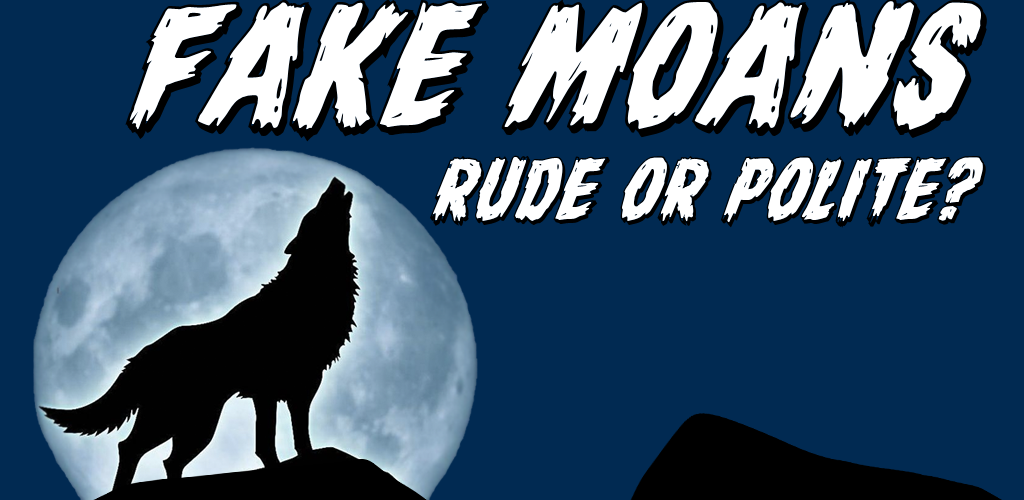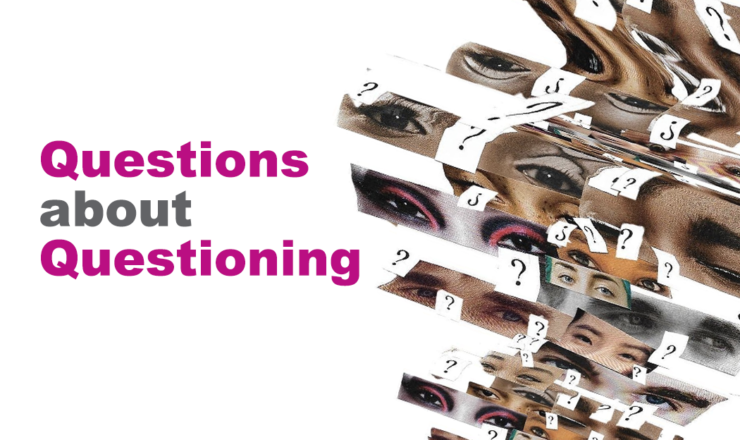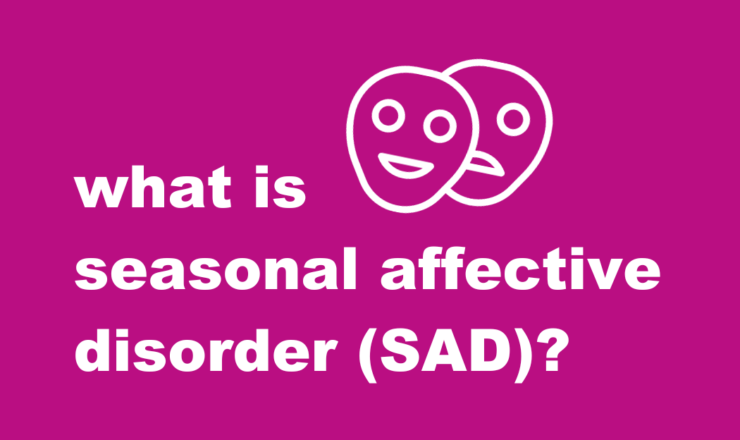

Some people moan during sex as a response to pleasurable sensations from whatever they or their partner(s) are doing. Some people do this unintentionally, where they can’t help but make a sound. Some people do it on purpose. Doing it on purpose is called a “Fake Moan.”
| Something to Consider |
| We put “Fake Moan” in air quotes because moans are moans. The issue here is more about the difference between people who are moan unintentionally and people who choose to moan. But a moan is still a moan! Like, if someone burps because they drank too much pop or if they make themselves burp, it’s still a burp either way. |
Before we talk about the controversy around fake moans, let’s talk about why people do it.
There are a bunch of reasons why people choose to moan during sexual activities, and there’s no way that we can cover them all in one blog post. But here are some ideas:
We should note that most of the questions we get about fake moaning come from cisgender male- and female-identified people in heterosexual relationships. So while the above ideas are a bit broad, we can totally see how fake moaning could play out differently in non-cis/het relationships and communities. As with most things involved in sexual acts, gender and sexuality play a big role in relationship dynamics, and in why someone may or may not fake moan.
Some people have a lot of pride and self-worth wrapped up in their ability to give pleasure to their partners/”be good at sex.” Learning that their partner was fake moaning can feel to some people like their partner was lying to them, or pitying them for not “being good” at sex. This can lead to someone feel guilty or disappointed in themselves.
Even though fake moaning can often be nothing more than a little white lie, sex acts can make people feel extra vulnerable. Being naked and/or being intimate with someone is a big emotional risk for some people, so even little white lies can feel like big betrayals.
So whether you think they’re right or wrong, fake moans can be a big deal to some people.
That’s totally up to you! As listed above, there are lots of totally understandable ways and reasons that people use fake moans. If you are thinking about fake moaning with your partner, here’s a list of questions that you might want to consider before doing so:
There’s no right or wrong answer to these questions. Just things you might want to think about!
Again, this one’s up to you. You know the dynamics of your relationship best, and how your partner(s) might take this information. Here are some questions to consider:
As with all conversations about sex, it’s worth keeping in mind some people are really shy when it comes to talking about their sexual pleasure. If you think a person will feel awkward or disappointed with themselves when talking about fake moans, sometimes it help to frame the conversation around what that you would like. Saying, for example, “I like the sex we’re having, but maybe we can try these other things,” focuses it on what you want and not on things that your partner is doing “wrong.”
In general, we always say that communication is an important part of getting the kind of sex you want to have. Sometimes that communication might be telling your partner ahead of time what feels good, sometimes it might be somehow indicating during sex what works and what doesn’t, and sometimes it might be a debrief after sex to figure out what to do next time. Whether or not moaning is involved, unintentionally or by choice, is up to you to discuss (or not) with your partner(s).
If you have questions about this topic, feel free to contact one of our peer educators. [Link]
Last Updated: April 2020

Check out this post for some quick info on vaginal fluids and discharge!

It’s common to feel a bit lost or unsure if you’re questioning your gender identity or sexual orientation. Here’s a couple of ideas that might help make Questioning more comfortable!

This article talks about Seasonal Affective Disorder, a form of depression that usually affects people in colder, darker months of the year.